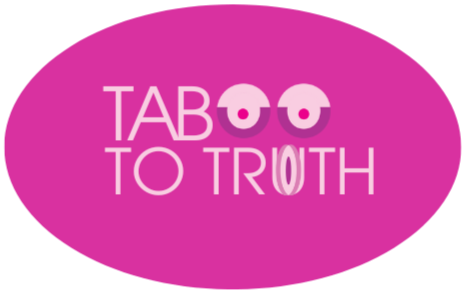Hormone Replacement Therapy for Menopause: A Comprehensive Guide
- Karen Bigman

- Aug 15, 2024
- 2 min read
Updated: Jan 14

Figuring out the world of hormone replacement can feel like trying to read a map without a compass. Hormone Replacement Therapy (HRT), Hormone Therapy, Menopause Hormone Therapy—whatever the term used, refers to a treatment aimed at easing these turbulent symptoms by replenishing estrogen, progesterone, and testosterone.
Natural vs. bioidentical vs. synthetic hormones.
The term "natural" has become something of a buzzword. Used to sell everything from food to skincare, it's now firmly rooted in the conversation about hormone replacement therapy (HRT). Spoiler alert! "Natural" isn't a regulated term. This means that what you might marketed as natural (e.g., plant-based, non-synthetic) isn't guaranteed to be safer or more effective.
Bioidentical hormones are crafted to mimic the hormones our bodies naturally produce, using, yes, 'natural' ingredients, however, they're processed in a lab to ensure consistency and potency. On the flip side, synthetic hormones, developed from various sources, have a different chemical structure and may carry different risks and benefits.

Is bioidentical hormone replacement therapy safer, or are they simply better branded?
In the United States, Bioidentical hormones from reputable pharmaceutical companies are regulated for safety and consistency by the FDA. This means that they've been put through the rigor of testing to ensure they do what they promise.
Compounded bioidentical hormones, tailored to an individual's needs, may be recommended but buyer beware! Compounding pharmacies do not have the same oversight. A product created in a compounding pharmacy, is not checked by the FDA for it's exact content. This is where the conversation gets nuanced. Yes, embracing the idea of hormones mimicking our own is attractive, but ensuring we're not swapping efficacy and safety for a comforting label is key.
The allure of completely "natural" solutions can sometimes lead us down paths less scrutinized. It's tempting to reach for over-the-counter supplements and non-prescription options promising hormone harmony without the hassle. The allure of an easy fix should not eclipse the importance of effective, regulated treatment. Self-medication can lead to unseen risks, ineffective results, and, ultimately, more frustration.
Partnering with qualified menopause-trained healthcare providers to navigate the firehouse of information you will find receive is essential. A licensed, menopause trained medical provider can guide you toward treatments backed by robust research and regulation, ensuring the safety net we all deserve during this transformative phase of life.
The journey through menopause, with its ebbs and flows, is as unique as we are. Menopause hormone therapy, in its various forms, offers safe, welcome relief when properly prescribed. The term 'natural' is not a panacea, and the quest for balance requires more than just good intentions. It demands knowledge, understanding, and partnership with healthcare providers who can guide us toward the options that best fit our individual needs, keeping safety and efficacy at the forefront. So, let's talk about menopause, openly and without shame, and embrace this journey with informed confidence, not as a battle to be won, but as a passage to be navigated with wisdom and care.




Comments